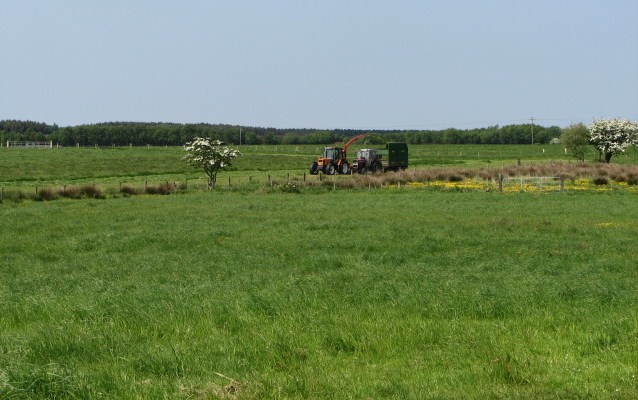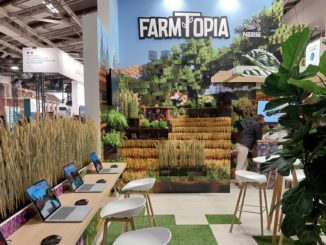Ireland’s Department of Agriculture is playing its cards close to its chest, before making any announcements about how it will implement the CAP. However, there are some signals out there, based on past behaviour, powerful lobbies and value for money considerations. So what will Ireland do?

Ireland held the EU presidency for a crucial phase of the CAP negotiations. During this time Ireland pushed hard for an alternative to flat rate payments during its EU presidency. It is thus highly likely that Ireland will adopt the slowest, longest most indirect route towards flat payments. CAP debate in Ireland was dominated by the ‘active farmer’: this was in part a way of describing a farmer who produced large amounts of commodities, but usually did so with advantages of location. It was an argument against redistribution to the poorer, disadvantaged west.
There is debate and disagreement between the main farmer organisation, the IFA (Irish Farmers’ Association) and the Minister Simon Coveney on Pillar transfers. The IFA want no more than 3% transferred, while Coveney is reported as preferring some transfers from Pillar 1 to 2 as the latter is more targeted.
According to Peter Young, CAP expert for the main Irish farming newspaper, the Irish Farmers’ Journal, “up to 15% can be transferred but if carried out, it is likely to be a lot less”.
Peter Young also states that Pillar 2 payments themselves may be especially targeted in Ireland. “An upland management scheme aimed primarily at commonages is one example that has already being touted. This would also see funds flow back to disadvantaged areas but it would have the added benefit of ensuring that all farmers actively keep land eligible for payment.”
A cap (in this case ceiling, or upper limit) on payments to very high earners may be imposed. This populist kite flying exercise, coming as it did on day one of the National Ploughing Championships, a massive agricultural trade show, would only affect 60 bigger farmers and agri-food businesses in Ireland. However, a point of equity would be made with such a move.
The selection of non-mandatory options under Pillar 1 is unlikely: again the whole emphasis is on maintaining direct payments to farmers. Pillar 1 options draw from the Pillar 1 overall pool, so, in the words of Teagasc Pillar 1 expert Dr. Kevin Hanrahan, at the recent National Organic Conference held in Ireland “No options are more likely than lots of options”.
Maximising co-funding cash from Europe may prove to be attractive, as the Irish Exchequer is still in a difficult position. Agri-environmental schemes with 75% payments are an example. EIP – the European Innovation Partnership – has higher rates of payment for organic farming and other similar initiatives. Nevertheless, this might been seen as damaging ‘brand Ireland’ and the “Origin Green” initiative, by sending mixed signals to the consumer. This might reduce the likelihood of Ireland choosing these options, though this point is still debatable.
Consultations are now closed in Ireland for submissions on the CAP reform options for Ireland. The main agri-food research body in Ireland, Teagasc, provided this submission. Because of a balance between income redistribution towards a larger number of smaller farmers on the one hand, and agri-output on the other, the body failed to make strong recommendations in their submission. So instead, they outline scenarios.
Agricultural economist and the person behind the very informative capreform.eu blog, Professor Alan Matthews, provided one too, where he emphasised, among other things, utilising the option of transfers from Pillar 1 to Pillar 2, because Pillar 2 is more targeted in its delivery of public goods.





